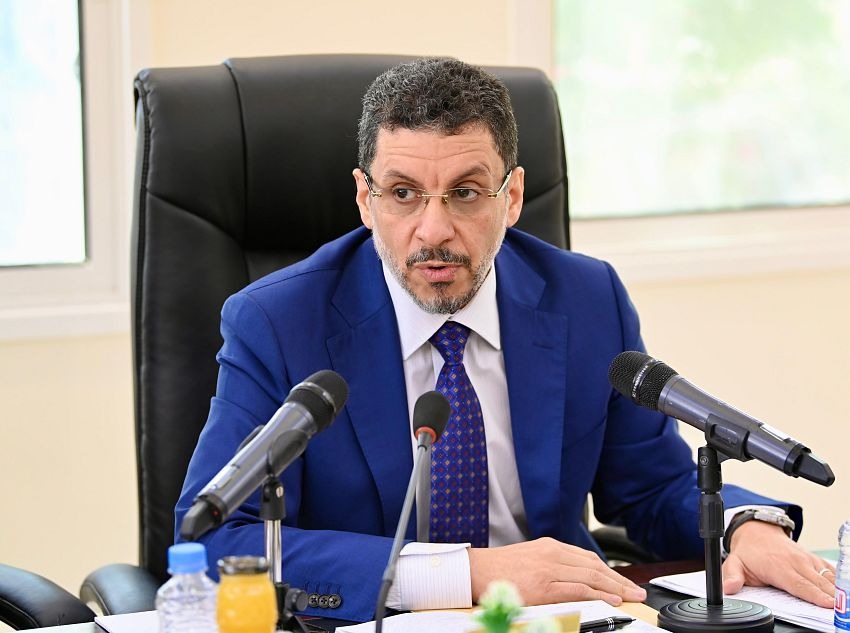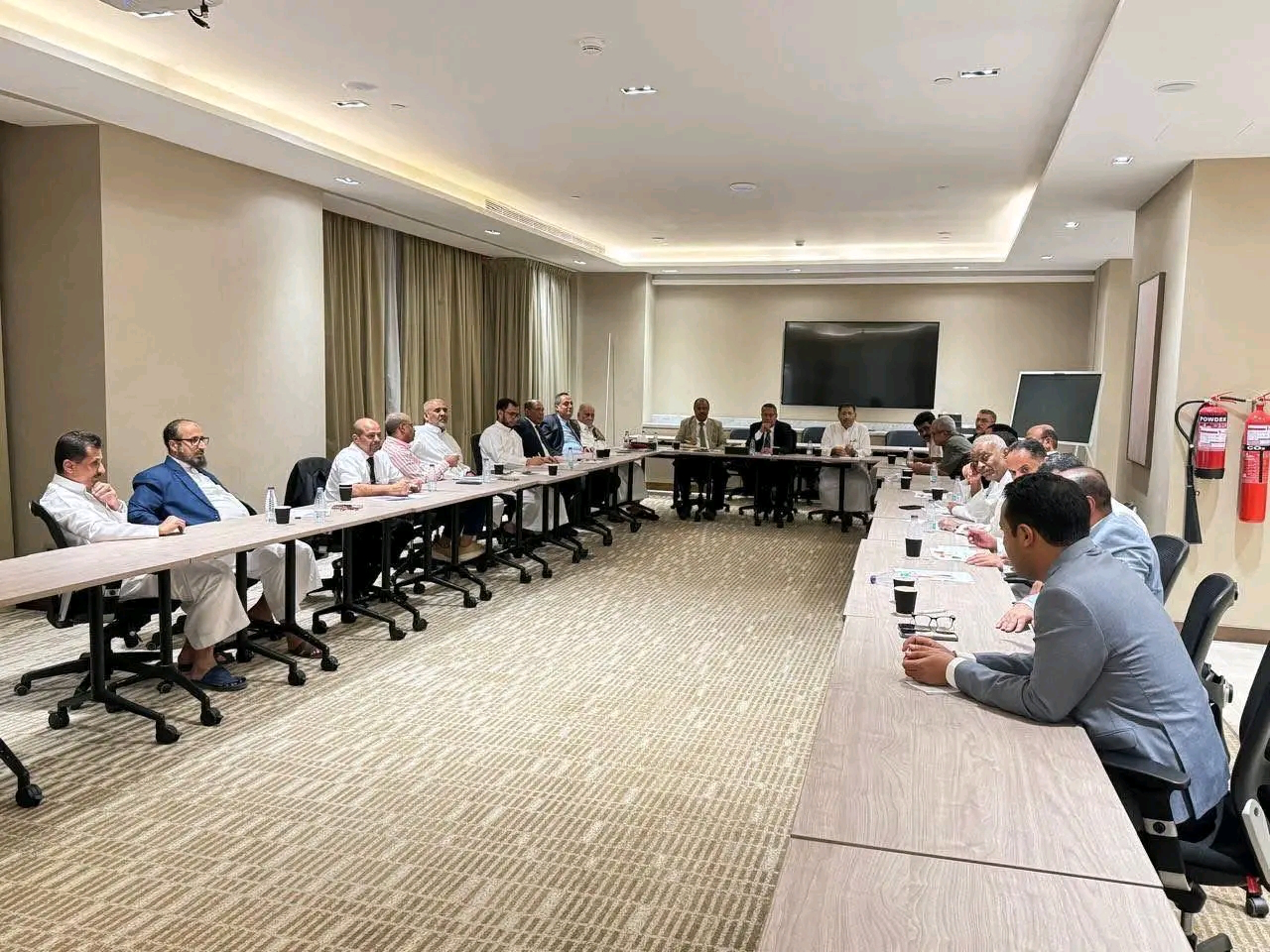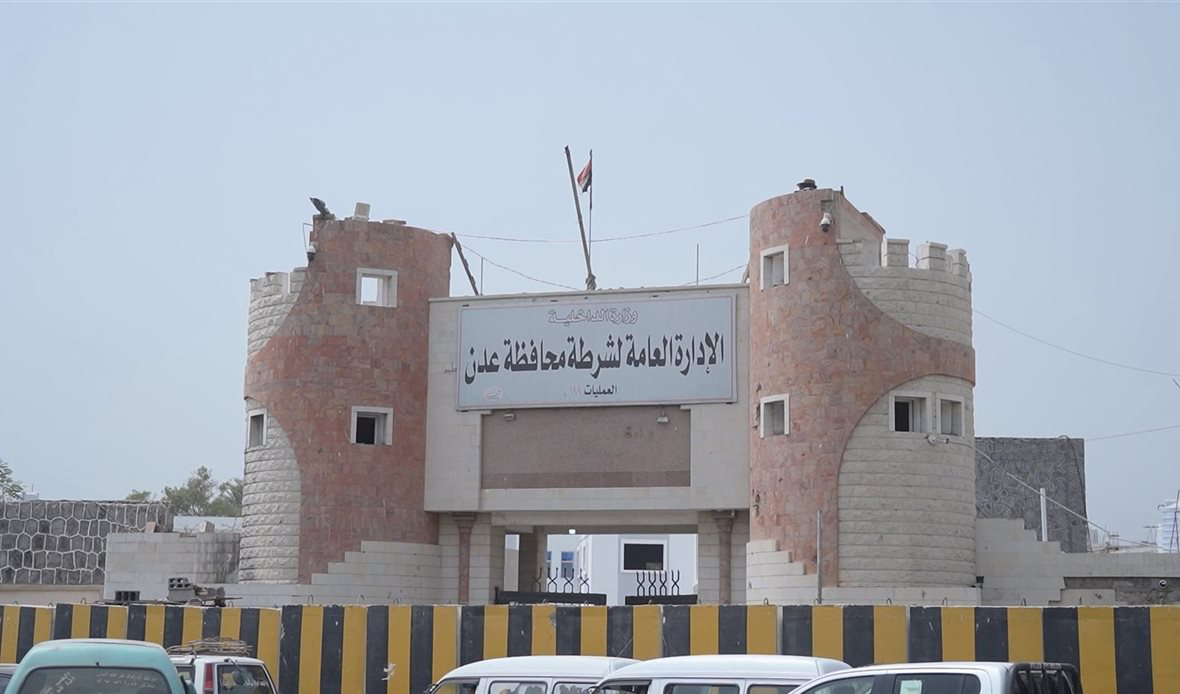
Barran Press
On November 12, 2024, Yemeni Prime Minister Ahmed Awdh bin Mubarak stated that “corruption is a crime in normal circumstances, but in times of war, it constitutes high treason,” particularly in the context of confronting the Houthi militia, which, he claimed, engages in looting and violence. He emphasized the government's commitment to upholding the rule of law and establishing a civil state.
In a phone interview with Yemen TV, bin Mubarak reaffirmed that combating corruption and enhancing transparency and accountability are top priorities for his government since his appointment. He described the fight against corruption as a battle of awareness that requires strong public support from citizens, political elites, and cultural figures.
The Prime Minister stressed the importance of strengthening institutions and protecting public funds, asserting that the government takes reports from the Central Organization for Control and Auditing seriously and refers any violations to the Public Prosecutor’s Office.
He highlighted that the struggle to restore the state and end the Houthi coup goes hand in hand with efforts to combat corruption and promote financial and administrative reform. The government is also addressing institutions that fail to cooperate with the auditing agency, with full support from the Presidential Leadership Council.
Earlier that day, bin Mubarak announced the referral of the Aden Refinery case to the Public Prosecutor’s Office and directed the continuation of oversight and accountability measures based on the findings from recent audits.
He reiterated that the government will not tolerate any entity that refuses to provide its financial data for review, emphasizing the necessity of transparency and accountability in correcting both financial and administrative irregularities.
In February, bin Mubarak provided the Central Organization for Control and Auditing with a list of institutions for initial monitoring and review, reaffirming his commitment to implementing the agency's recommendations based on the audit results.





